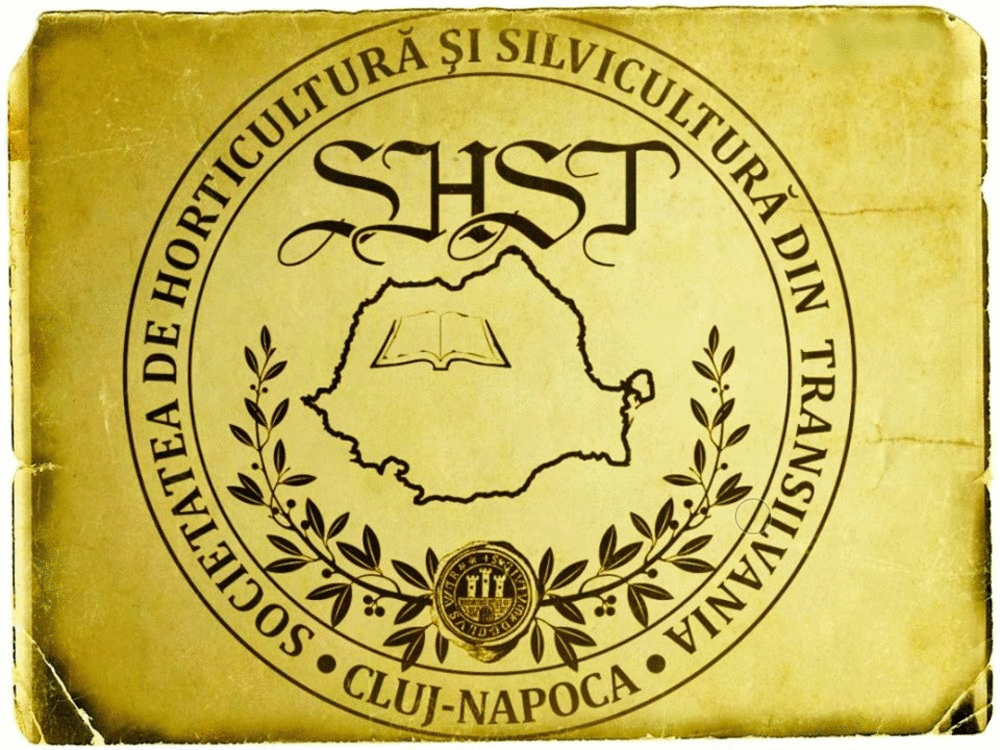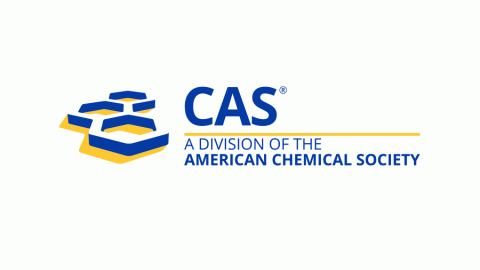Bridelia retusa (L.) Spreng. Fruits: Antimicrobial Efficiency and their Phytochemical Constituents
DOI:
https://doi.org/10.15835/nsb819769Keywords:
antimicrobial activity; Bridelia retusa; fruit extracts, phytochemicalAbstract
Antimicrobial analysis of hexane, chloroform, methanol and aqueous extracts of Bridelia retusa fruits was performed by agar well method and minimum inhibitory concentration was determined by serial two-fold dilution method. Seven human pathogenic bacteria species including Gram positive and Gram negative bacteria and three fungal species were used in the study and the results indicated that the Gram positive bacteria and fungi were more sensitive than the Gram negative bacteria, to both solvent and aqueous Bridelia retusa fruit extracts. Moreover, Enterococcus faecalis was found as the most sensitive bacteria, whereas Proteus vulgaris and Aspergillu niger were the most resistant to the tested extracts. Phytochemical analysis of fruits revealed the presence of secondary metabolites like alkaloid, saponins and terpenoids, which have been implicated in antimicrobial activities. Hence, it would be recommended to explore the maximum potential of Bridelia retusa in the medicinal and pharmaceutical field and investigation are endorsed for further application useful in phytomedicine.
Metrics
Downloads
Published
How to Cite
Issue
Section
License
Papers published in Notulae Scientia Biologicae are Open-Access, distributed under the terms and conditions of the Creative Commons Attribution License.
© Articles by the authors; licensee SMTCT, Cluj-Napoca, Romania. The journal allows the author(s) to hold the copyright/to retain publishing rights without restriction.
License:
Open Access Journal - the journal offers free, immediate, and unrestricted access to peer-reviewed research and scholarly work, due SMTCT supports to increase the visibility, accessibility and reputation of the researchers, regardless of geography and their budgets. Users are allowed to read, download, copy, distribute, print, search, or link to the full texts of the articles, or use them for any other lawful purpose, without asking prior permission from the publisher or the author.













.png)















